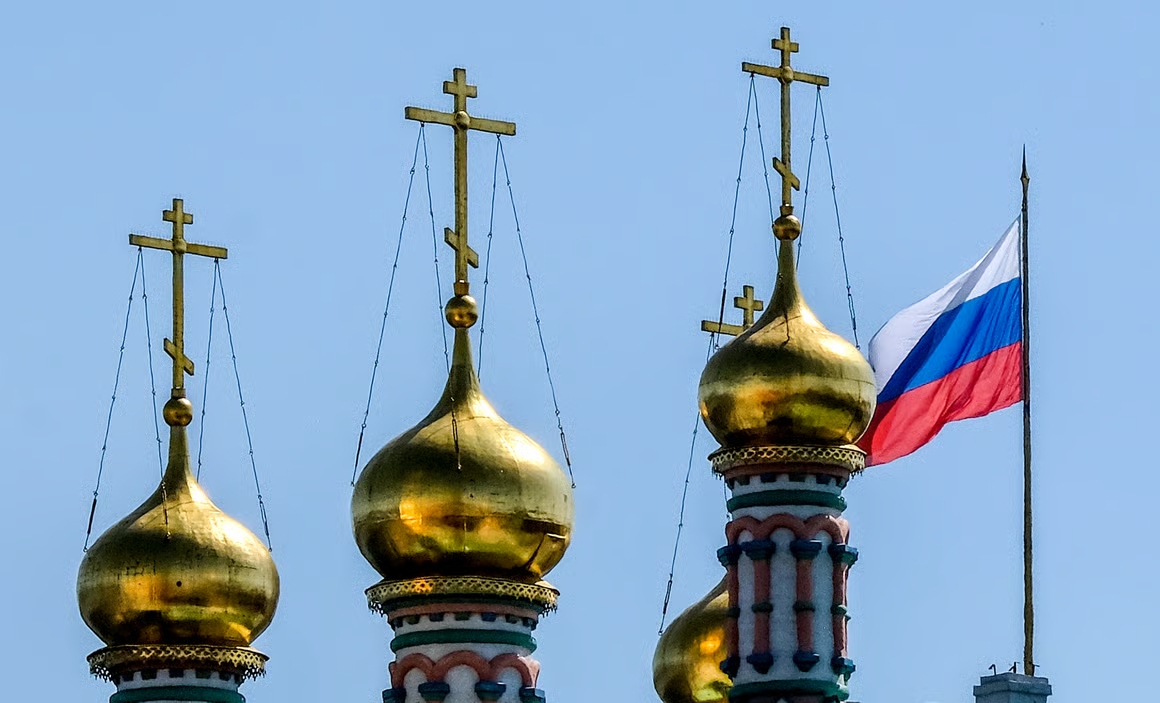The head of the Institute for Democracy and Development “PolitA,” Kateryna Odarchenko, has published a new article at the Foreign Policy Research Institute (FPRI) titled “How the Russian Orthodox Church Became a Weapon of Political Warfare.”
In this thought-provoking piece, Odarchenko explores how religious institutions can evolve into potent instruments of geopolitical influence. The article analyzes the Russian Orthodox Church’s transformation into one of the Kremlin’s leading soft power tools — merging faith with nationalism, shaping narratives abroad, and extending Moscow’s ideological reach through global religious networks.
“In modern hybrid warfare, information, culture, and religion are no longer separate — they are interconnected elements of influence,” Odarchenko writes.
The publication examines:
– How religious diplomacy is used to justify aggression and project influence internationally;
– The Church’s presence across Europe, Africa, and Latin America;
– And why democratic nations must strengthen transparency and resilience against such “faith-based” operations.
📖 Read the full article at FPRI: How the Russian Orthodox Church Became a Weapon of Political Warfare
With this publication, Kateryna Odarchenko continues to contribute to the global dialogue on hybrid warfare, strategic communication, and democratic resilience, reinforcing Polita’s expertise in analyzing the intersection of politics, culture, and influence.

